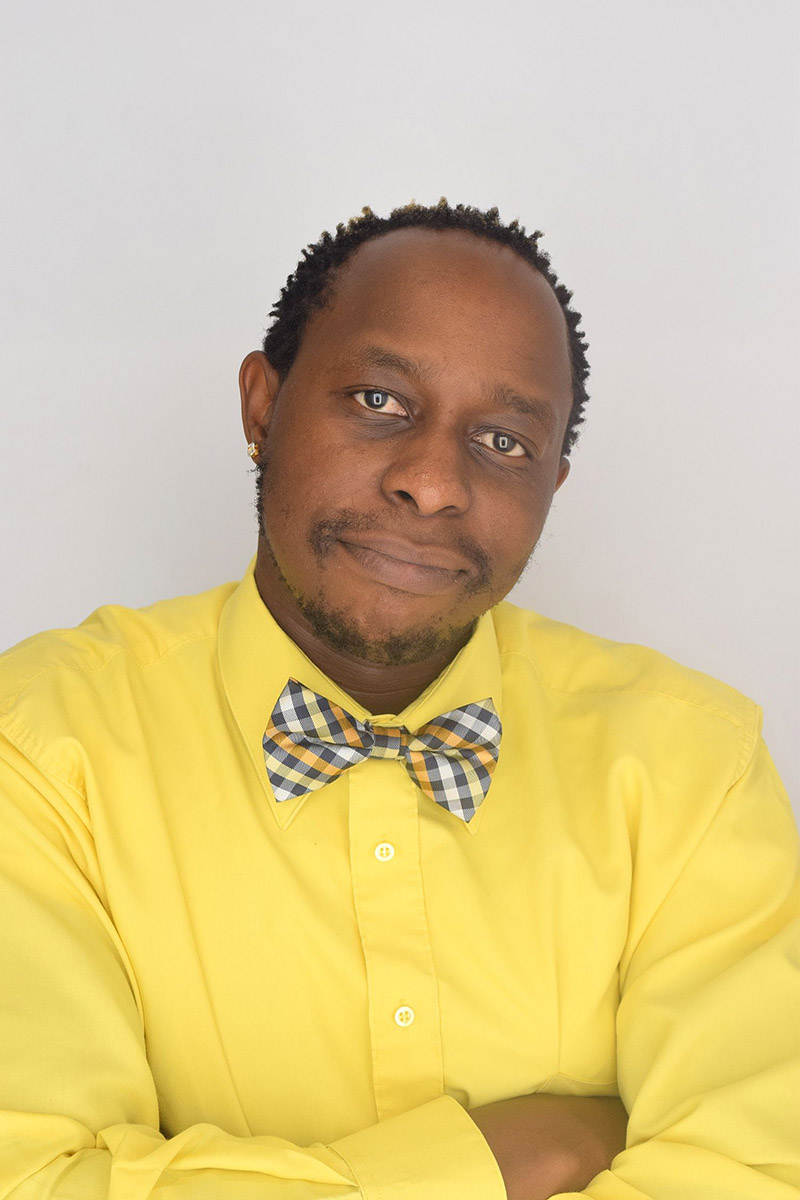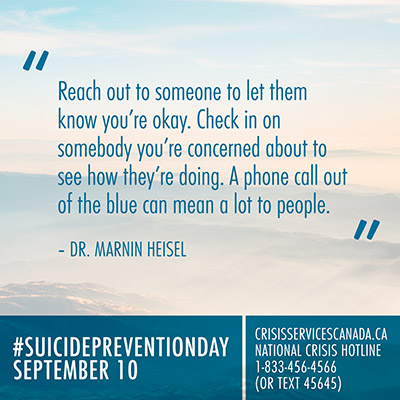
We’ve spoken a fair amount on Mind Full the last few months about many aspects of gender diversity. Unfortunately, the misinformation and hatred directed at transgender and gender diverse people in both the public and political spheres continues to escalate.
Today, we wanted to speak with someone directly affected by this vitriol. Sara Weiss was targeted for her participation in the US Open pickleball tournament, and joins Eric to discuss the facts, the fiction, and the impact this has had on her directly.
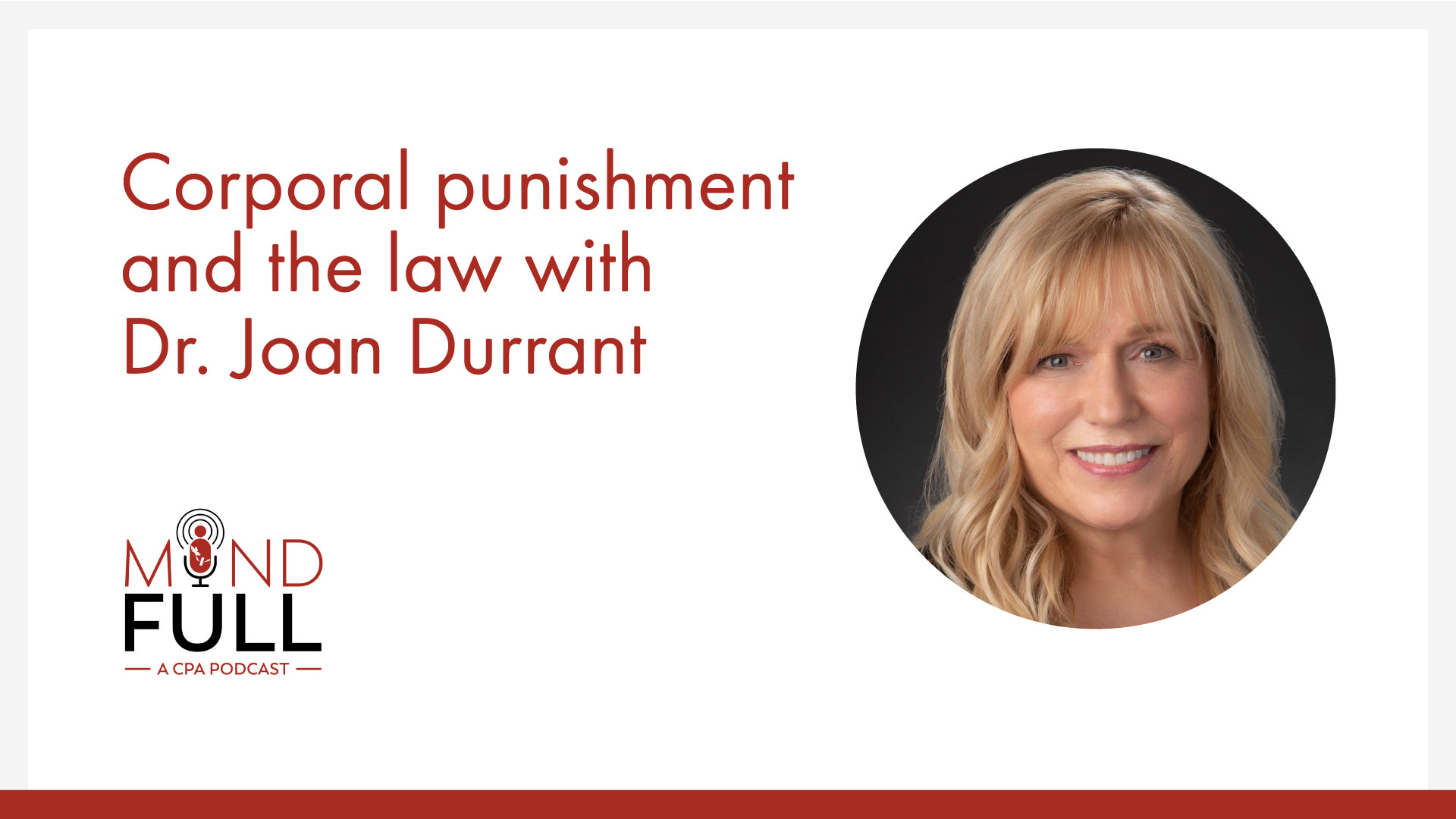
The CPA recently sent a letter of support for Bill S-251, Nova Scotia Senator Stan Kutcher’s bill that would repeal Section 43 of the Criminal Code of Canada. It would make it illegal to hit children for any reason. This has been a very long, very arduous process and effort.
Dr. Joan Durrant has been campaigning for this for more than 30 years, while dozens of other countries around the world have listened to the science and the evidence and have adopted this policy. She joins us on the CPA podcast Mind Full to talk about the science, the outcomes, and the need to ban corporal punishment in Canada once and for all.

Embodiment is a recognition of the way your mind and body are connected – paying attention to the signals your body sends you can help a great deal. Dr. Julie Beaulac, Casey Berglund, and Courtney Amo have written a book on the subject, specifically for leaders and bringing embodiment to a leadership role. Dr. Beaulac and Casey sit down with Mind Full to tell us about it.
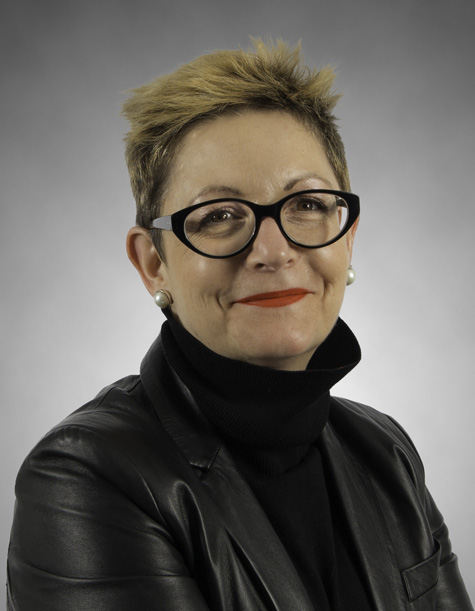
As Dr. Karen Cohen prepares to retire as CPA CEO, we reflect on her remarkable career – the highs, the lows, the many accomplishments and the ongoing work that remains.

PeerScholar is a tool used by universities and schools around the world to assist students in working collaboratively – reviewing papers and projects for one another, and getting feedback outside of the direct student-to-teacher system of handing in assignments. We spoke to Dr. Steve Joordens, one of the creators of PeerScholar, about how it works and the needs it is meeting.
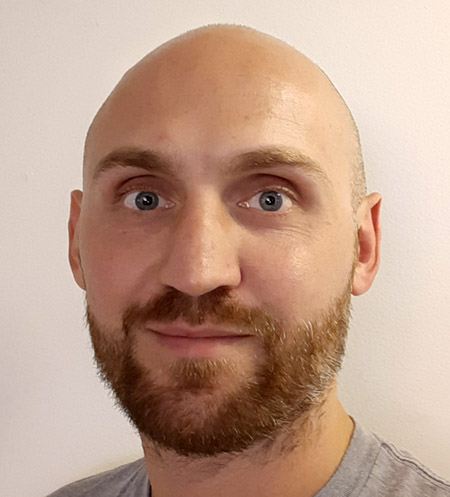
It’s Be A Donor month in April, and we wanted to explore the factors that either encourage or discourage people from becoming organ donors. The vast majority of Canadians say they are in favour of organ donation, yet most are not organ donors. Why is this? And why doesn’t an ‘opt-out’ option solve the problem? We spoke with Dr. Jake Crawshaw about this and more.
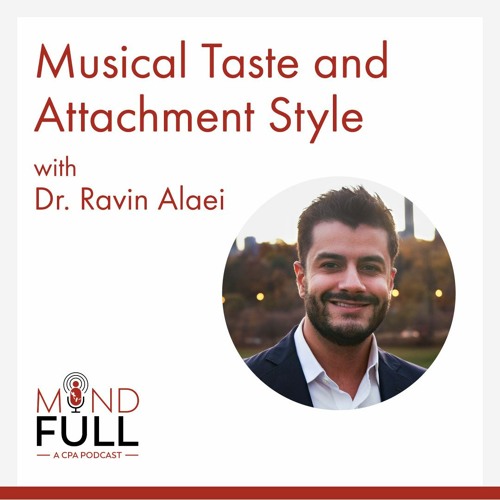
Dr. Ravin Alaei joins Mind Full to explain ‘attachment style’ in relationships, and to tell us about his study linking attachment style to musical taste. Yes, it’s just another excuse for Eric to talk to someone about music.
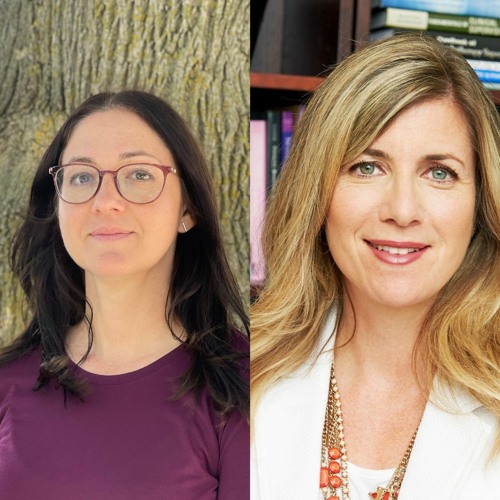
Ontario Health’s Mental Health and Addictions Centre of Excellence is looking to create a more integrated, higher quality, and more accessible mental health and addictions system in Ontario. To that end, they have recruited five Provincial Clinical Leads to champion different areas of focus. Two of those Clinical Leads, Dr. Caitlin Davey and Dr. Randi McCabe join Mind Full to talk about this program and how to improve provincial delivery of mental health supports.
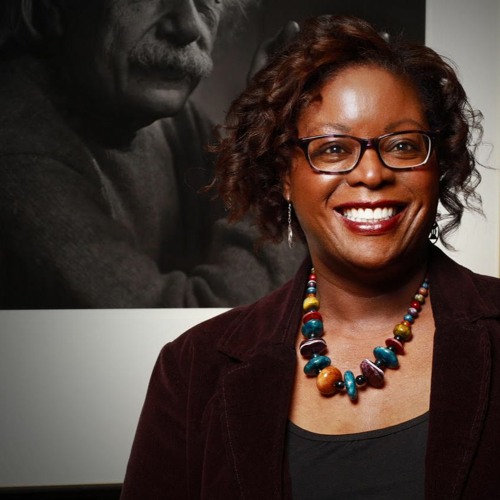
Dr. Helen Ofosu returns to the Mind Full podcast on the occasion of the publication of her new book, How To Be Resilient In Your Career: Facing Up To Barriers At Work. An Industrial/Organizational psychologist, Dr. Ofosu helps employees navigate difficult career choices, and discusses some of the themes of her new book with us.
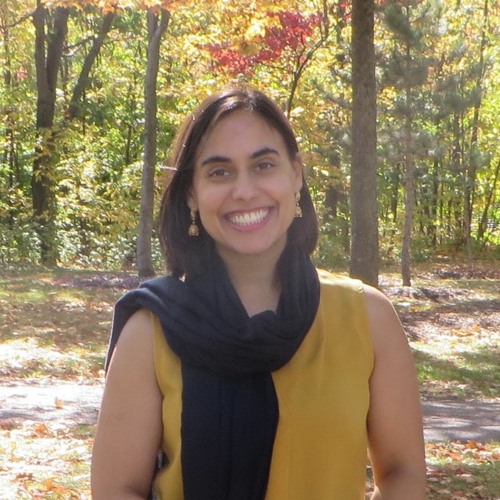
Dr. Maya Yampolsky’s research introduces the concept of ‘intimate racism’ – that being racism that comes from those closest to us, particularly in intercultural relationships. Dr. Yampolsky has shown that this kind of racism is far more prevalent than we might otherwise think, and shares some personal examples that illustrate the issue in vivid context.
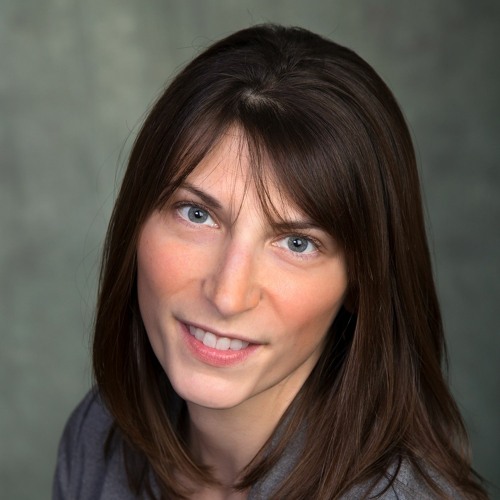
We invited Dr. Lindsay McCunn on to the Mind Full podcast to talk about a chapter she co-wrote with CPA CEO Dr. Karen Cohen in the recent book ‘Climate Action and Global Psychology’, and psychology’s role in protecting our world. We ended up talking about what environmental psychologists do (it’s not all about climate change!) and, eventually, got to the book chapter.
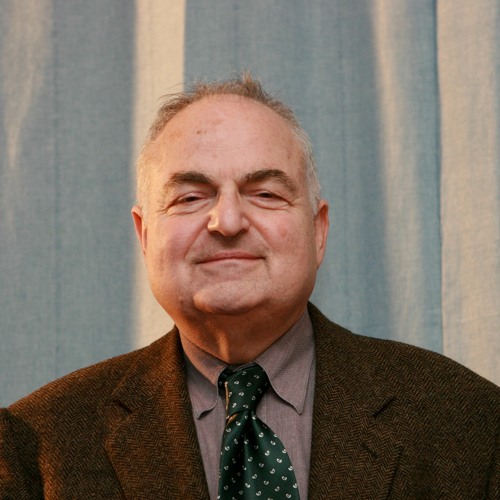
For years, it has been conventional wisdom that depression can be caused by a chemical imbalance in the brain. Conventional wisdom in the general public – but not among psychiatrists who have long known this is not necessarily the case. We speak to Dr. Joel Paris about the persistence of this myth, and the value of increasing funding for therapy in addition to – and on occasion in place of – medication.
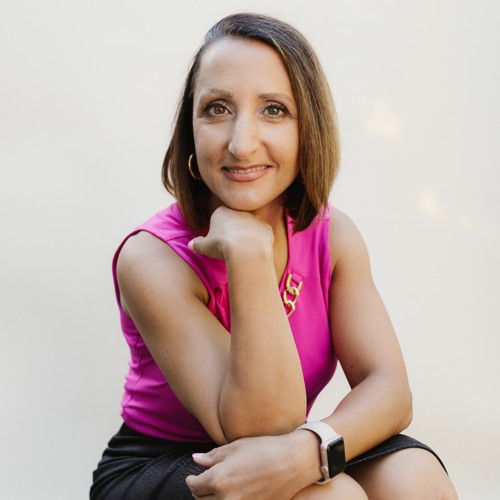
Dr. Lori Brotto is the author of the 2018 book ‘Better Sex Through Mindfulness: How Women Can Cultivate Desire’. This year she published a companion piece, a workbook that provides strategies that women (and men!) can use. Kathryn and Eric speak with Dr. Brotto about the new workbook, sex in relationships, and how the stigma around sex research has changed over the past few decades.
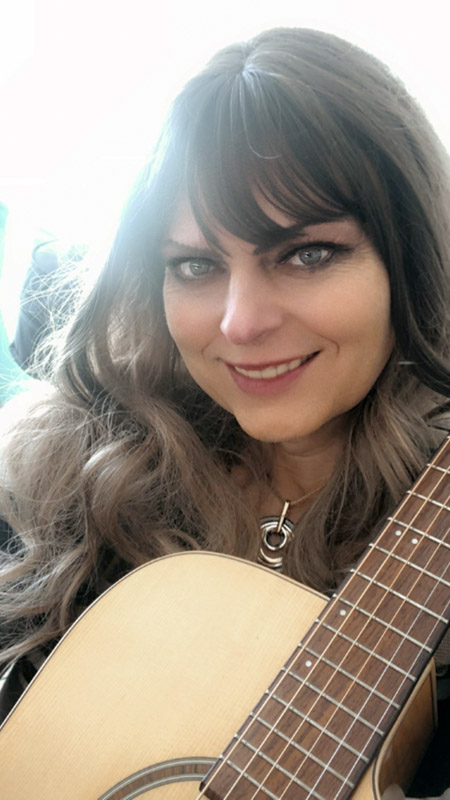
Dr. Anastasia Jane Gibson is a transgender psychologist and musician in Brandon, Manitoba. We discuss the fear-mongering that is endangering the gender diverse community in the leadup to Transgender Day of Visibility March 31st. We also talk music and performing in semi-rural Manitoba.
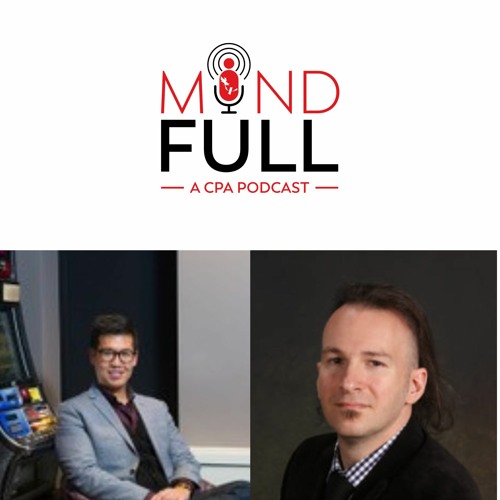
This is a discussion we had earlier this year with Dr. Andrew Kim and Dr. Nassim Tabri about the psychology of addiction. It was part of our Psychology Month campaign, highlighting the work of the CPA’s Addiction Psychology section.
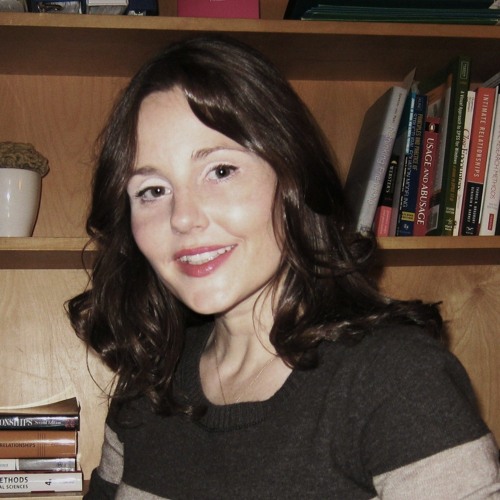
A huge international study of heterosexual male-female couples looked at whether one partner or the other had a better sense of where their relationship was headed. There was no difference between men and women when it came to measuring relationship satisfaction, busting the myth of the well-worn cliché ‘happy wife happy life’. Dr. Cheryl Harasymchuk joins us to talk about the study and the article she wrote about it in The Conversation: https://theconversation.com/happy-wife-happy-life-a-harmonious-relationship-is-the-responsibility-of-both-partners-191288
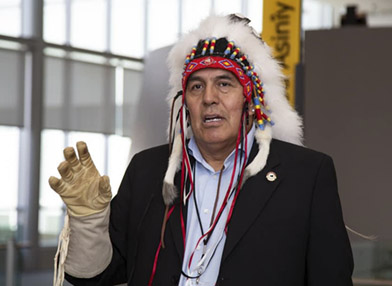
At the 2022 CPA Convention we sold orange T-shirts designed by Indigenous artist Betty Albert. The proceeds from those sales were donated to the Legacy of Hope Foundation, an Indigenous-led charity educating Canadians about residential schools. We spoke to Legacy of Hope President Adam North Peigan about residential schools, the sixties scoop, and Legacy of Hope’s mission.
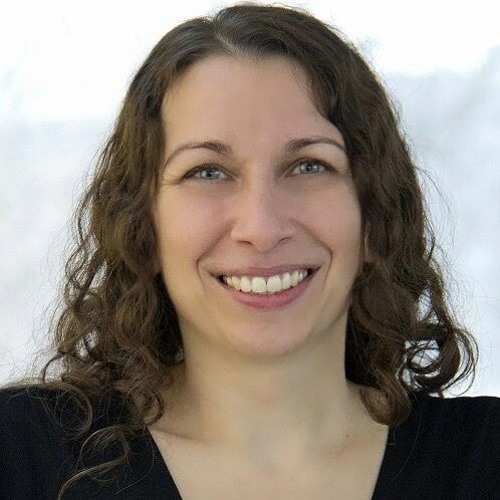
Vulvodynia expert Dr. Caroline Pukall rejoins the CPA podcast Mind Full for a special episode on Provoked Vestibulodynia and a major study happening in Sweden.
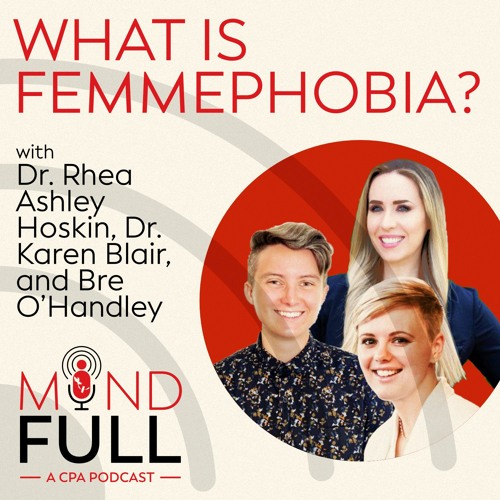
We speak with members of the Sexual Orientation and Gender Identity section about issues facing the LGBTQ+ community during the pandemic, the history of the fight for marriage equality and the more recent effort to ban conversion therapy. We also learn a new term: ‘Femmephobia’.
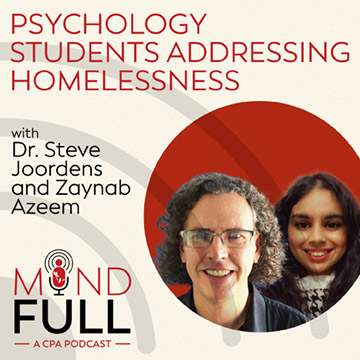
Dr. Steve Joordens gave his first-year psychology class a group project – bust some myths around homelessness by collaborating with a local organization. Zaynab Azeem was inspired to work with Blankets for TO, and has turned that inspiration into a podcast of her own!
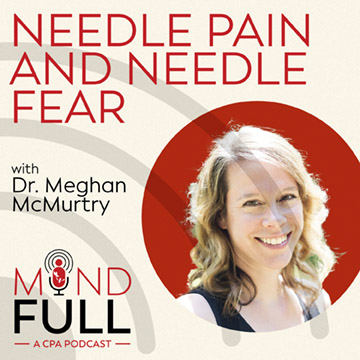
Dr. Meghan McMurtry joins Mind Full to talk about needle fears, needle pain, and coping strategies for all of us who experience one or the other. This includes advice about vaccinating infants and very young children.
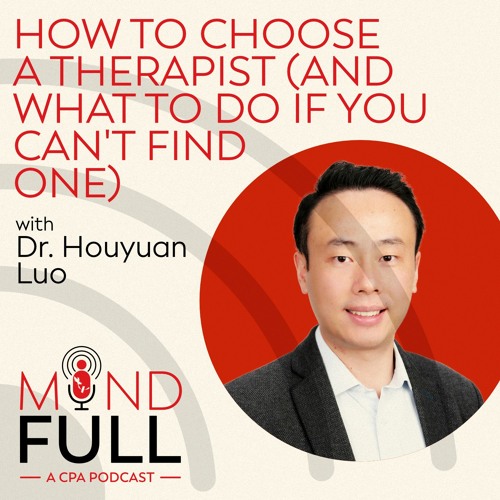
Dr. Houyuan Luo joins Mind Full to talk about his own struggles during the pandemic, and how he tries to avoid burnout. We also discuss options for people who are able to access therapy, and for those who can not.
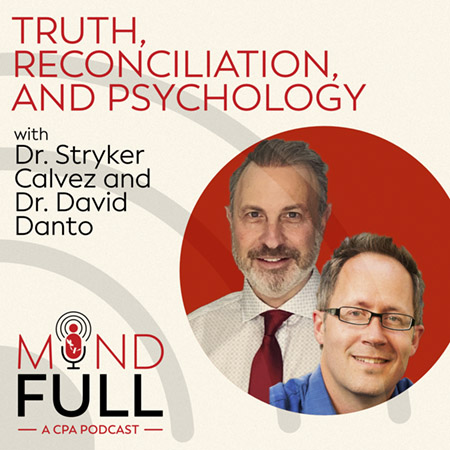
Dr. Stryker Calvez and Dr. David Danto talk Truth, Reconciliation, and the role of Psychology from the perspective of an Indigenous psychologist and an ally. We discuss Indigenous ways of knowing and how the apply to psychology, as well as the genocide perpetrated by Canadians against our Indigenous people.
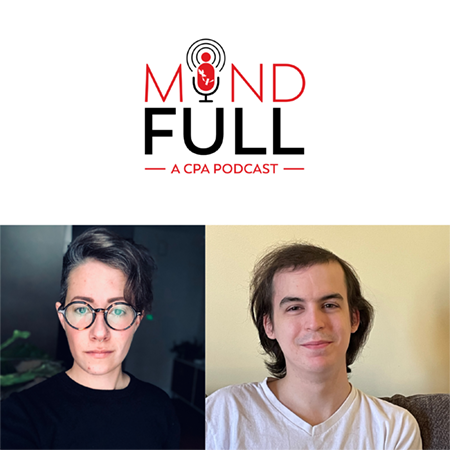
Dr. Jesse Bosse is a gender-queer psychologist in Ottawa who works primarily with trans, non-binary, and gender-diverse people. Aida is a young trans person who is currently undergoing Hormone Replacement Therapy. We spoke to them both about the issues confronting gender diverse people, human rights issues, and the effects of the pandemic on this population.”
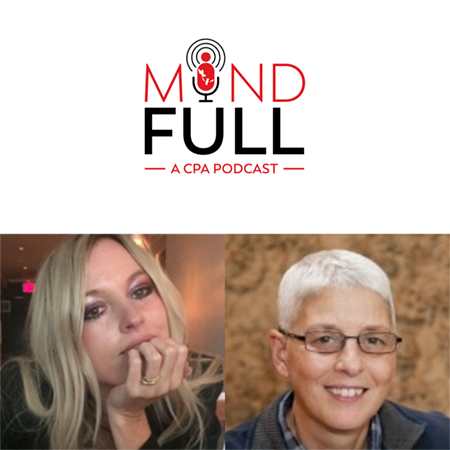
Dr. Ada Sinacore is an expert in human rights issues surrounding gender diversity. Dr. Keira Stockdale is an expert in the psychology of criminal justice. They are part of a group working to put out a statement on gender diversity amid an increase in violence and legislation targeted at the gender diverse community. We discuss LGBTQ2s+ rights in relation to education, the criminal justice system, and the discipline of psychology itself.
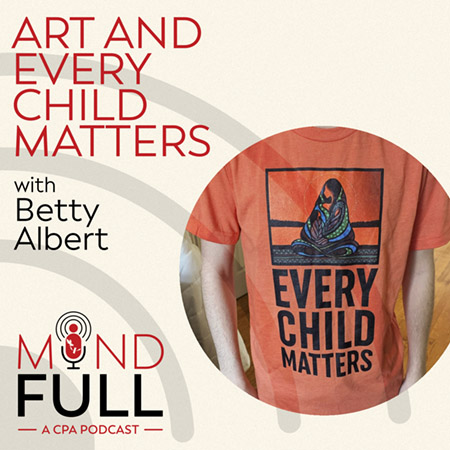
Canadian Indigenous Artist Betty Albert has created a design for a T-shirt that the CPA sold at the 83rd annual convention in Calgary. All proceeds went to an Indigenous charity working towards healing for Indigenous communities in Canada. We discuss art, residential schools, and the remarkable capabilities of Photoshop!
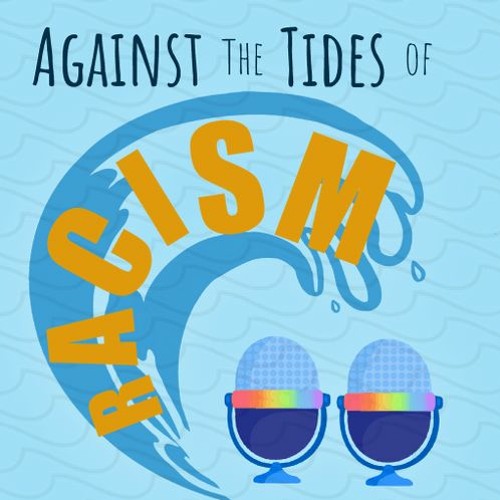
Gina Ko is a psychologist in Alberta who has been working in anti-racism for a while. She realized many of her colleagues in that space had great stories to share, so she started the podcast Against The Tides Of Racism. You can find her podcast on Spotify, or at the website here:
www.againstracismpodcast.com/
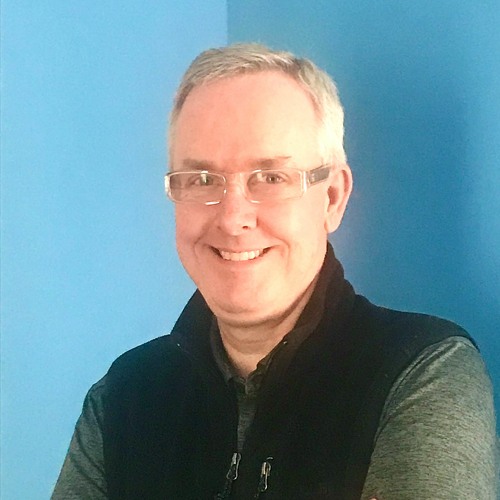
Glenn Brimacombe is the director of Policy and Public Affairs at the Canadian Psychological Association, and has just created an advocacy guide for the CPA’s member psychologists to help them in their efforts to speak with MPPs and get their message out. He joins Eric (who just created a companion Working-With-The-Media guide for members) to discuss advocacy and the role of psychologists in public policy making.

Vulvodynia is a condition that affects between 8-28% of all women – but it’s still a relatively unknown term. Dr. Caroline Pukall, one of Canada’s leading experts in vulvodynia, joins Mind Full to explain it to Eric and Kathryn.
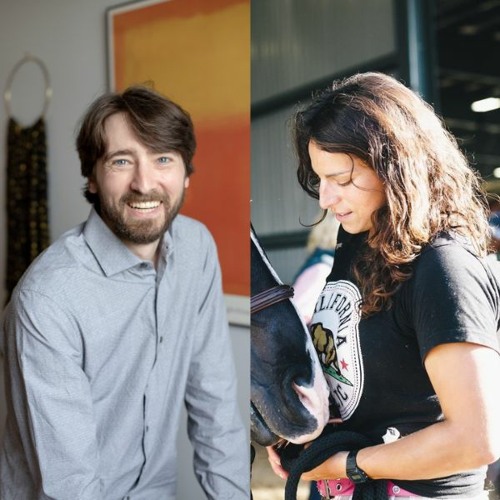
Charlotte Smith spent years as a youth experiencing homelessness on and off again. Avery has also recently experienced homelessness and abuse in the foster care system. They join Mind Full with Dr. Nick Kerman, a psychologist who has spent his career studying homelessness and housing interventions.

Dr. Melissa Tiessen and Dr. Karen Dyck created the Intentional Therapist network to help female mental health professionals (themselves included!) stay healthy and happy through intentional and playful self-care.
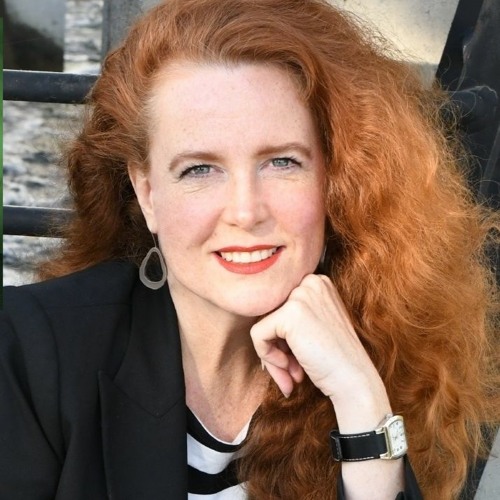
Dr. Mari Swingle wrote the book ‘i-Minds: How and Why Constant Connectivity is Rewiring Our Brains and What to Do About it’. We discuss the revelations from Facebook research that shows Instagram’s negative effect on young girls, in particular – something Dr. Swingle has been writing about for years.
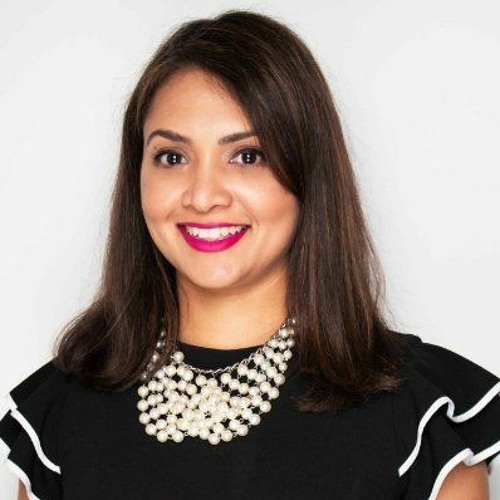
Dr. Krishana Sankar returns to Mind Full to talk about the science and data around vaccines and COVID-19. Dr. Sankar and the other experts at Science Up First are continuing to combat online disinformation, which is ever-changing and doesn’t show signs of slowing down.
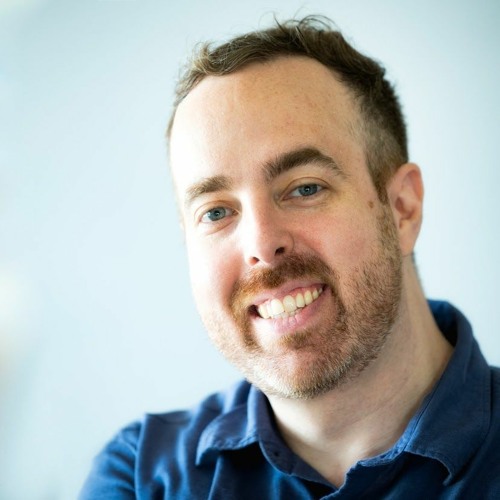
Dr. Tyler Black is a psychiatrist who specializes in suicidology. When, early in the pandemic, wild claims were being made about the spike in suicide we were sure to see as a result of lockdowns, he pushed back with his expertise in the field (spoiler alert – he was right, and suicide actually decreased). He became one of the experts at Science Up First, combatting disinformation online.
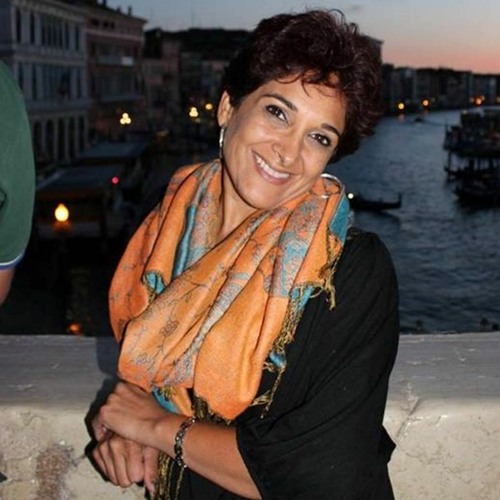
Zuraida Dada is a psychologist in Alberta who grew up under the apartheid system in South Africa. She was an activist despite the danger, a scholar despite the odds, and was part of the intelligentsia that rebuilt the country as it became a democracy.
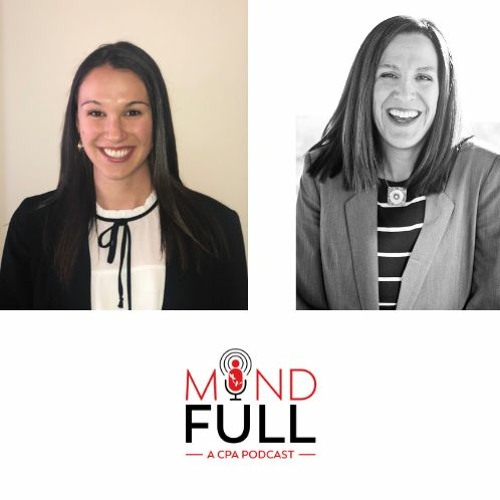
Dr. Adrienne Leslie-Toogood and University of Manitoba psychology student (and Olympic swimming medallist) Chantal Van Landeghem discuss the mental health of elite athletes in the wake of Naomi Osaka’s withdrawal from Wimbledon.
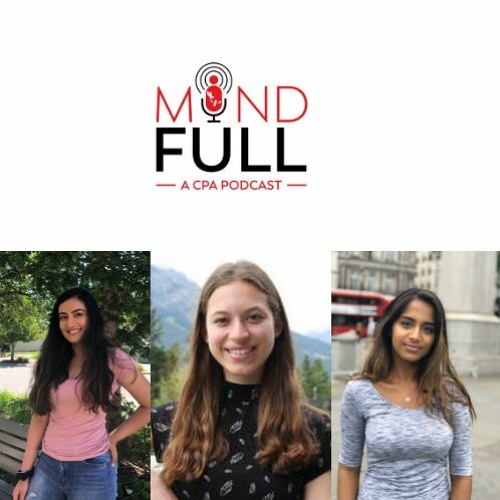
Students at the University of Calgary created podcasts for their final project in Jim Cresswell’s History of Psychology course. Listen here to learn more about Cognitive Dissonance Theory with one group, and the Bystander Effect with another.”

Dr. David Goldbloom’s new book We Can Do Better: Urgent Innovations to Improve Mental Health Access and Care lays out 8 different innovations that can improve access and care right now in Canada. The CPA’s director of policy and public affairs, Glenn Brimacombe, speaks to Dr. Goldbloom about his book and the future of mental health care in this country.
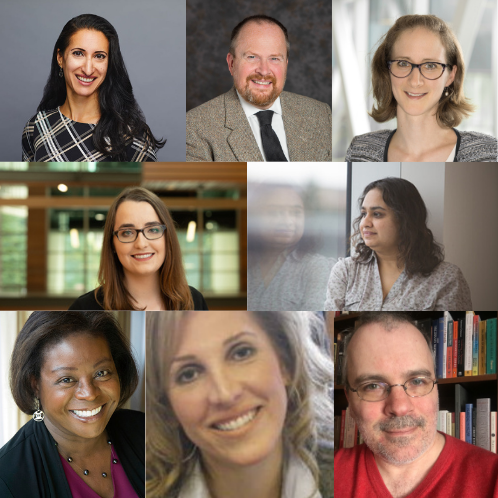
Psychology Month has focused on dozens of aspects of the pandemic, a global catastrophe that is deeply tragic. To close out Psychology Month 2021, we focus on a few positives that have come about as a result of COVID-19.
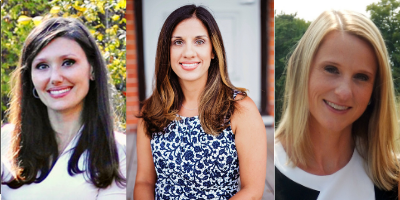
Introducing The Coping Toolbox: A Child Psych Podcast. Dr. Jenn Vriend, Dr. Laila Din Osmun, and Dr. Mary Simmering McDonald are three child psychologists from Ottawa.
https://podcasts.apple.com/ca/podcast/the-coping-toolbox-a-child-psych-podcast/id1553993639
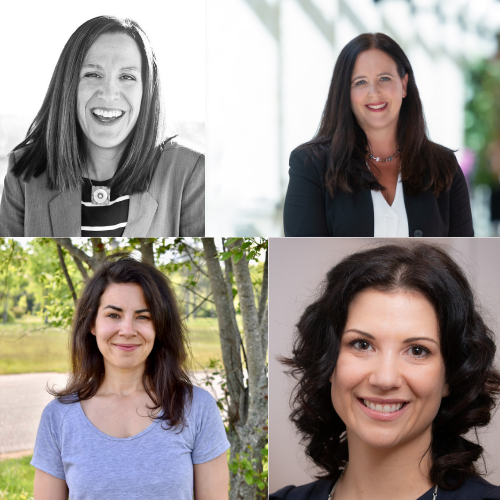 Some of the psychologists doing interesting things during the pandemic
Some of the psychologists doing interesting things during the pandemic
Meet some of the psychologists who have been profiled in this Psychology Month. We speak with Dr. Adrienne Leslie-Toogood, Dr. Christine Chambers, Courtney Gosselin and Dr. Mélanie Joanisse about their work during the pandemic.
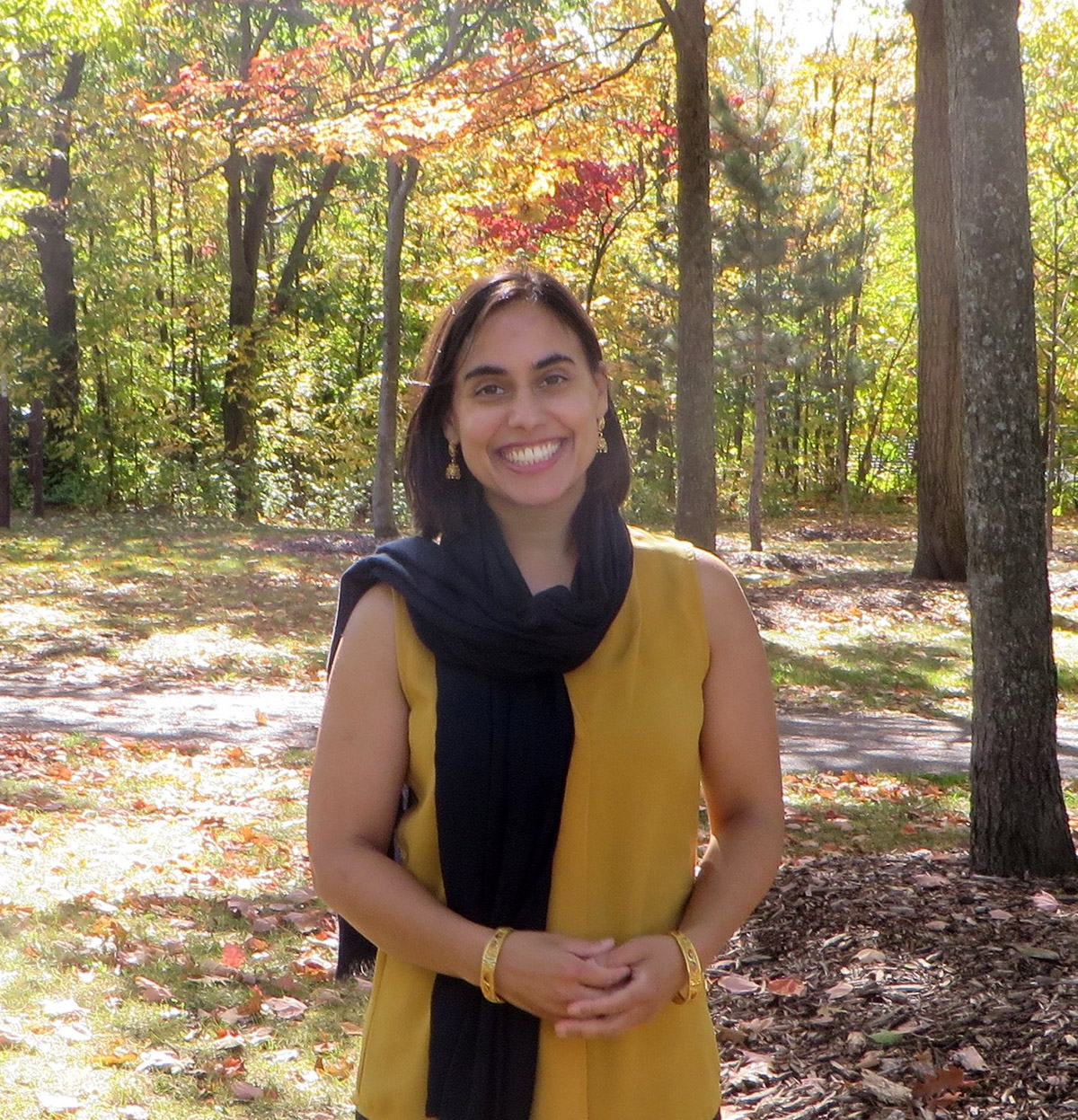
Dr. Maya Yampolsky spoke to us about the intersection of the pandemic and both structural and overt racism. It was too much to put into just one profile, so we are sharing the whole conversation on Mind Full.

Dr. Steven Taylor of UBC was the first person to identify a need for a comprehensive look at the psychology surrounding pandemics. His book, “The Psychology of Pandemics: Preparing for the next Global Outbreak of Infectious Disease” was published presciently in October of 2019, a month before the first COVID-19 case appeared in Wuhan.
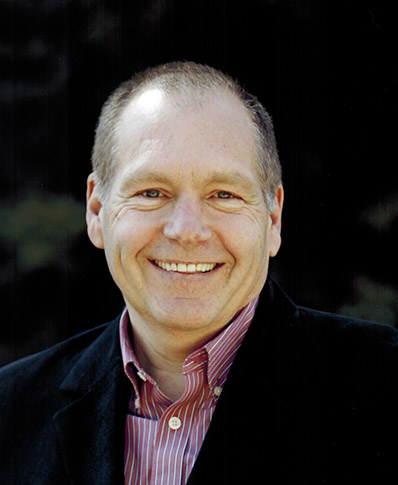 October 8 is the Carleton University Department of Psychology’s Psychology Mental Health Day. The keynote speaker this year is former CPA President Dr. Keith Dobson. We spoke with Dr. Dobson on the CPA Podcast, so his upcoming appearance (and his upcoming conference call with the World Health Organization) wouldn’t seem so daunting by comparison.
October 8 is the Carleton University Department of Psychology’s Psychology Mental Health Day. The keynote speaker this year is former CPA President Dr. Keith Dobson. We spoke with Dr. Dobson on the CPA Podcast, so his upcoming appearance (and his upcoming conference call with the World Health Organization) wouldn’t seem so daunting by comparison.
Dr. Monnica Williams, Canada Research Chair in Mental Health Disparities and Associate Professor in the Clinical Psychology program at the University of Ottawa, joins us to talk about the effects of racial trauma, the path of racial justice, and why we need to stop sharing the George Floyd video.
Dr. Anusha Kassan is an Associate Professor at UBC. She helped launch an innovative program to increase diversity in the counselling psychology program when she was at the University of Calgary, and is carrying it over to her new location. We discuss the lack of diversity in mental health professionals, and what psychologists can do to be prepared to help people dealing with racial trauma.
Dr. Judi Malone, CEO of the Psychologists Association of Alberta, and Dr. Ray Bollman, Rural and Small Town specialist with Statistics Canada, join us to talk about rural and northern communities in the time of COVID-19.
Connected North from TakingITGlobal was the recipient of the CPA’s 2020 Humanitarian award for their work connecting youth in remote northern Canadian communities to educational programs, activism, and mentors through 2-way video technology. We spoke to Waukomaun Pawis at Connected North about their programs, indigenous role models, and coping with COVID.

